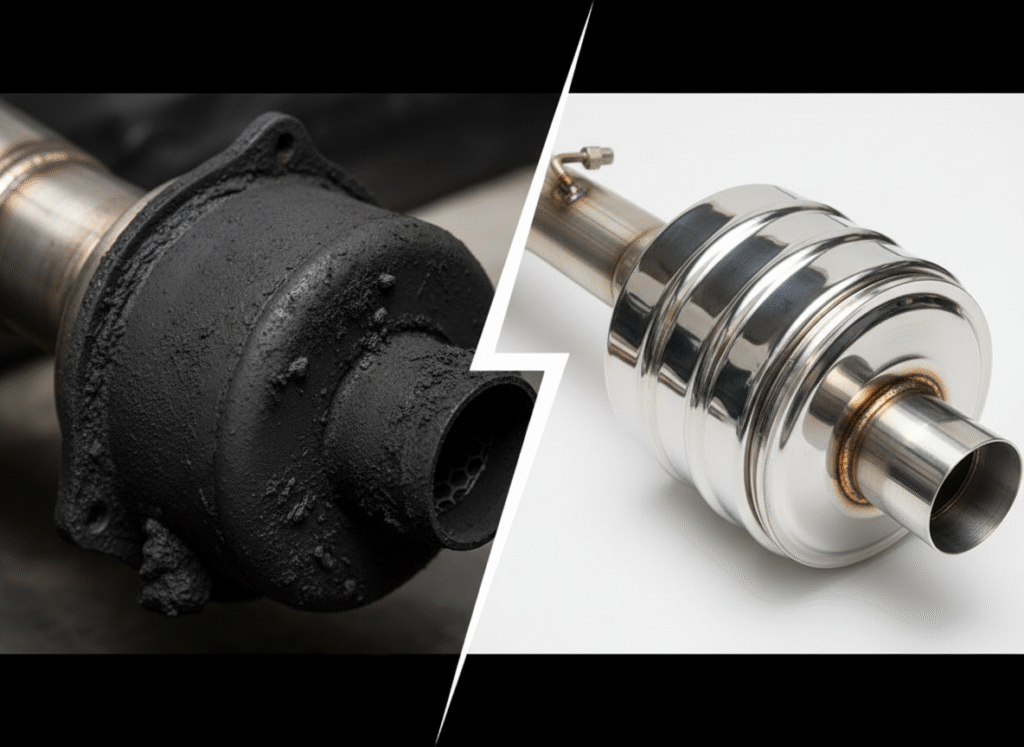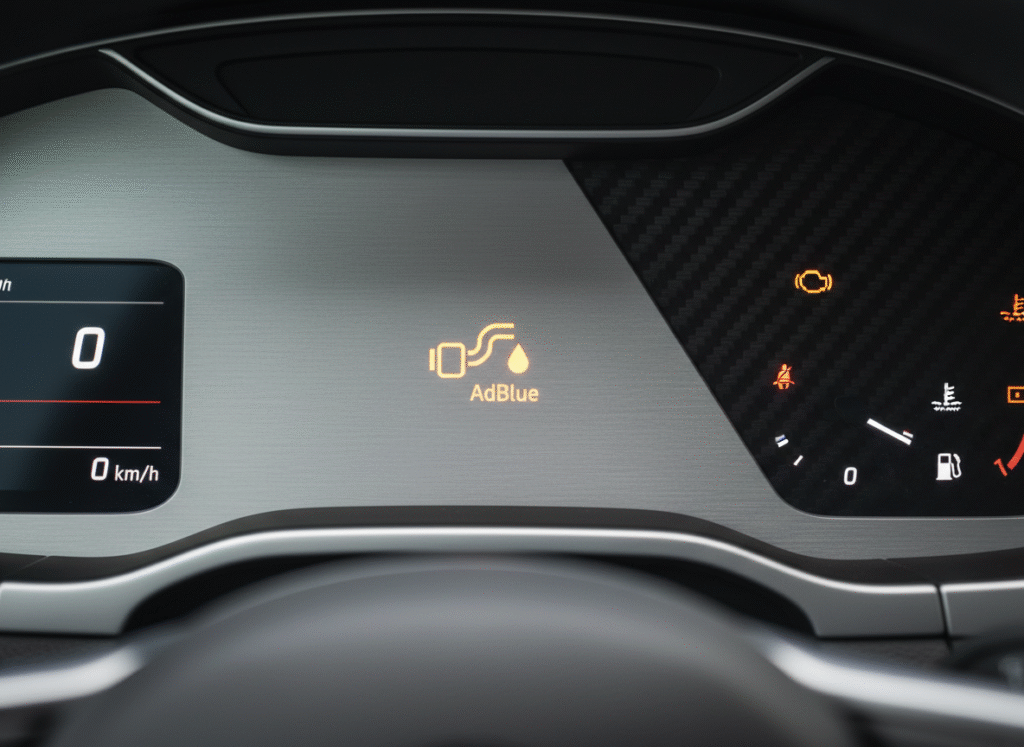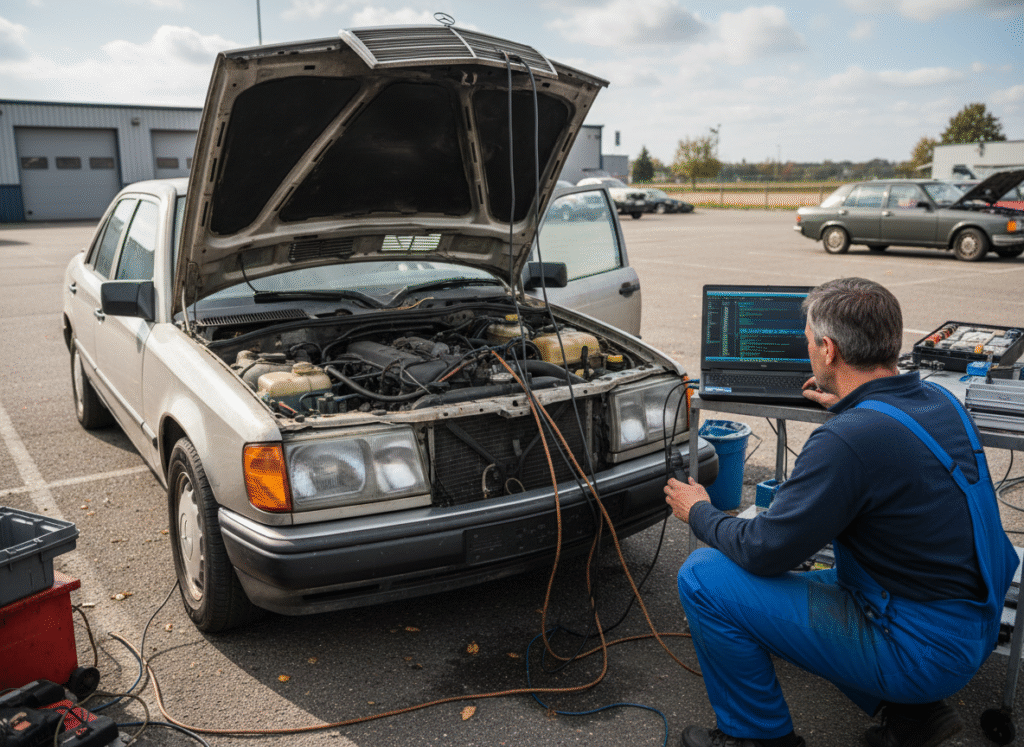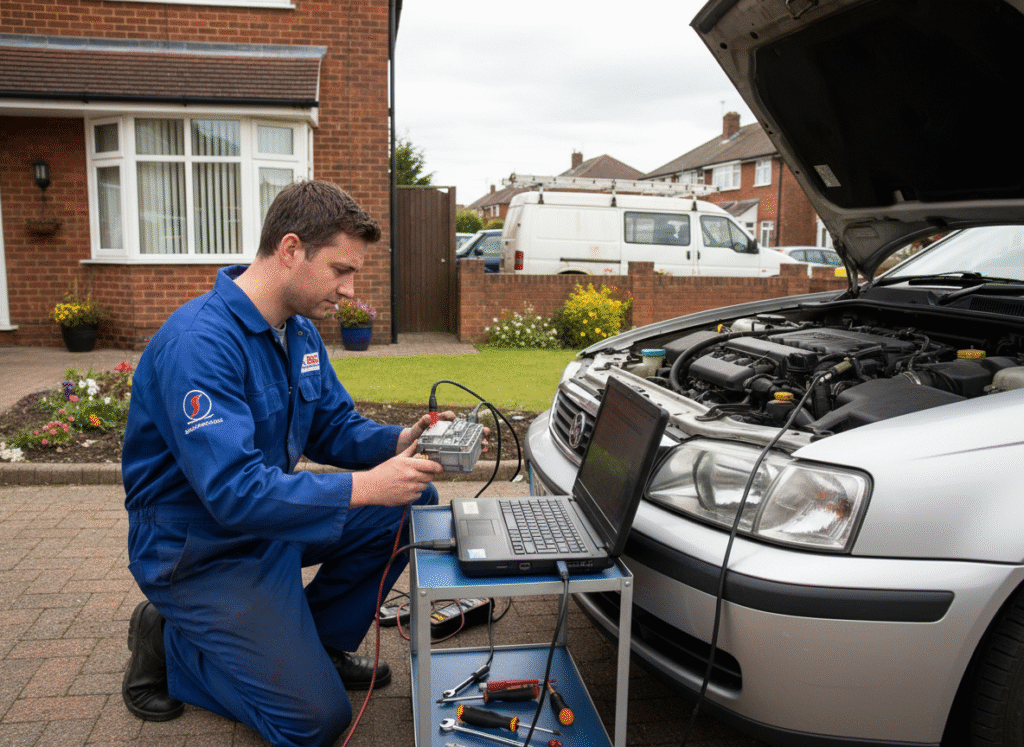Modern diesel engines are far more advanced than their predecessors, thanks to common-rail injection technology. But how does it actually work — and how can an ECU remap safely improve performance? In this guide, Leicester Remaps explains the science behind diesel tuning and what makes common-rail systems ideal for reliable power gains.
What Is Common-Rail Diesel Injection?
Common-rail systems use a single, high-pressure fuel rail that delivers diesel to each injector electronically rather than mechanically. This allows for precise control over injection timing, pressure, and fuel quantity. The result is smoother combustion, better torque delivery, and lower emissions.
Every modern diesel engine — from vans to performance cars — relies on this system. By tuning the ECU, we can fine-tune these parameters to unlock the engine’s true potential without adding any hardware.
Benefits of Tuning a Common-Rail Diesel Engine
- Increased torque and power for smoother acceleration
- Improved fuel economy thanks to cleaner combustion
- Reduced turbo lag by optimising boost control maps
- Lower emissions when tuned with correct air-fuel balance
Our Stage 1 remap is designed specifically for common-rail engines. It safely improves drivability without stressing the injectors or turbocharger.
How We Tune Common-Rail Systems
At Leicester Remaps, we use professional tools like Autotuner and KESS to read and modify your engine’s ECU map. This allows us to adjust:
- Rail pressure and injection duration
- Turbo boost control
- Torque limiters and throttle response
- EGR and DPF interaction maps
Every file is custom-written — not a downloaded map. This ensures your car runs safely on local UK fuel grades and meets MOT emission limits.
Case Study: Diesel Van with Flat Spots
A local tradesman brought in a van suffering from weak low-end torque. Using live data from the rail pressure sensor, we found inconsistent delivery during spool-up. Our software calibration increased pre-injection quantity and optimised turbo control. The result was smoother pull from 1,500rpm and a 12% improvement in fuel economy.
This shows how proper tuning doesn’t just increase power — it can also extend the life of your DPF and turbo by reducing stress and soot build-up.
Is Diesel Tuning Safe?
Absolutely — when done correctly. Poorly written maps can cause injector over-fuelling or excess EGTs, damaging components over time. That’s why we only use IMI-accredited tuning methods and test every calibration under real driving conditions.
Unlike many generic “power files,” we keep injection duration within manufacturer safety limits while improving combustion efficiency. You get stronger performance without reliability risks.
Advanced Diesel Features We Optimise
- DPF strategy: ensure correct regeneration timing with improved airflow
- EGR mapping: balance NOx control with cleaner intake flow
- AdBlue control: optimise dosing rate on SCR-equipped vehicles
Learn more about each of these systems on our service pages: DPF Solutions, EGR Solutions, and AdBlue Solutions.
Common Questions About Diesel Remapping
Will tuning shorten the life of my engine?
No — when tuned correctly, your engine works more efficiently. In fact, many customers report fewer regens and cleaner running after a professional remap.
Does a diesel remap affect MOT results?
Not if done properly. Our Stage 1 software is fully MOT-compliant and keeps emissions within legal limits.
Can you remap my van on-site?
Yes, our mobile ECU remapping service covers all of Leicestershire. We bring the tools and software directly to your location.
Unlock Your Diesel’s Full Potential
Ready to feel the difference? Our mobile and workshop-based remapping services bring professional results to every diesel owner in Leicester, Loughborough, and surrounding areas.
Book your Stage 1 remap or get in touch today for a quote.
07849 475153 leicesterremaps@gmail.com
















